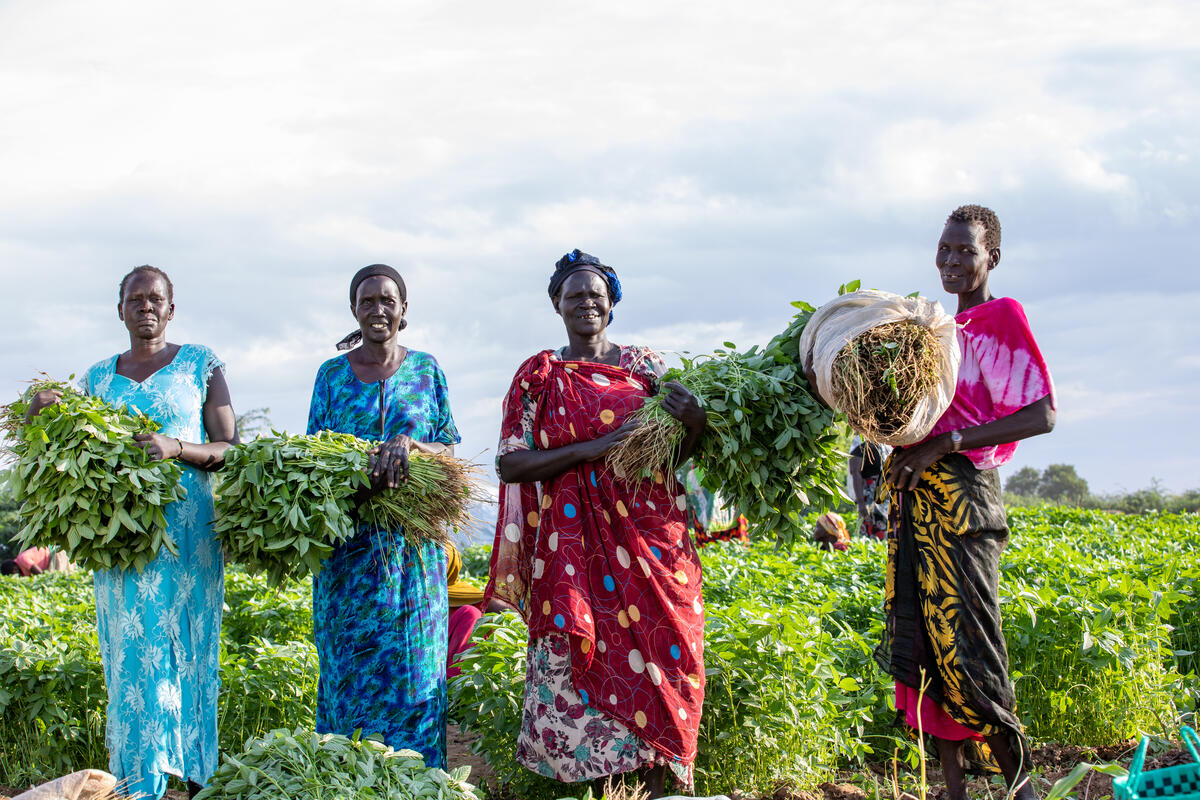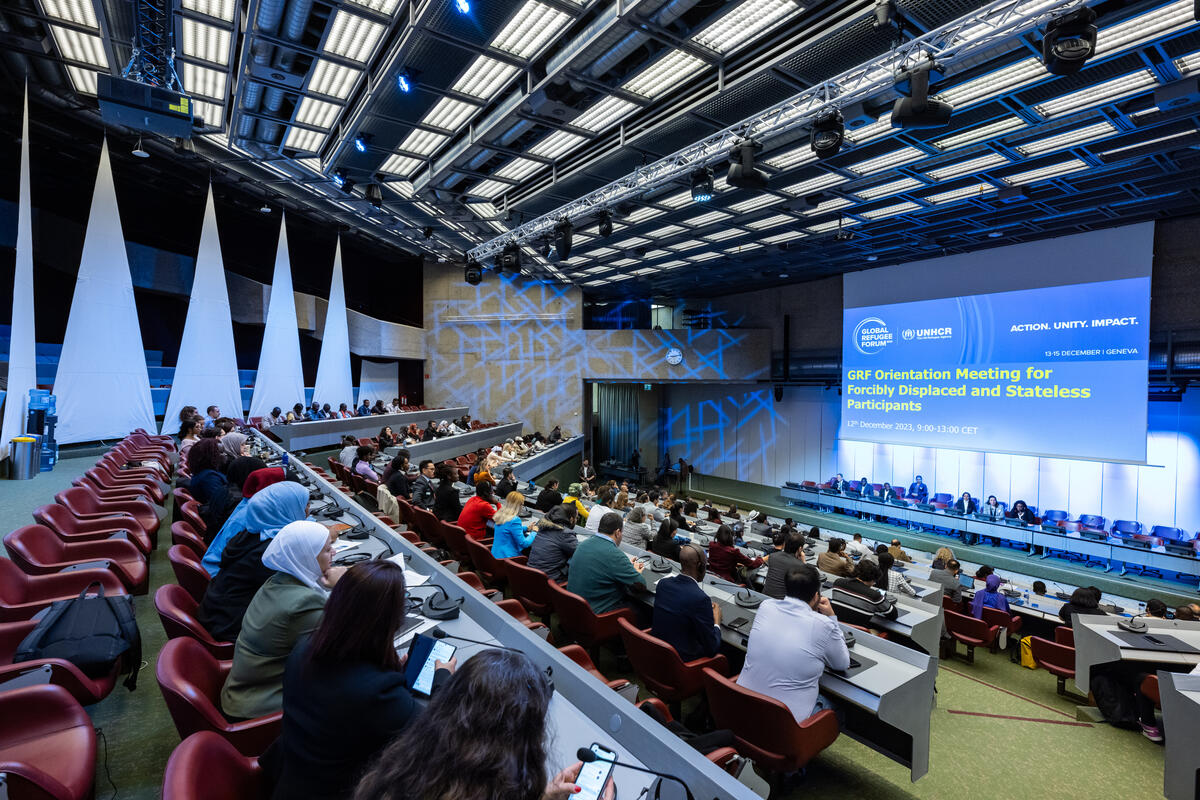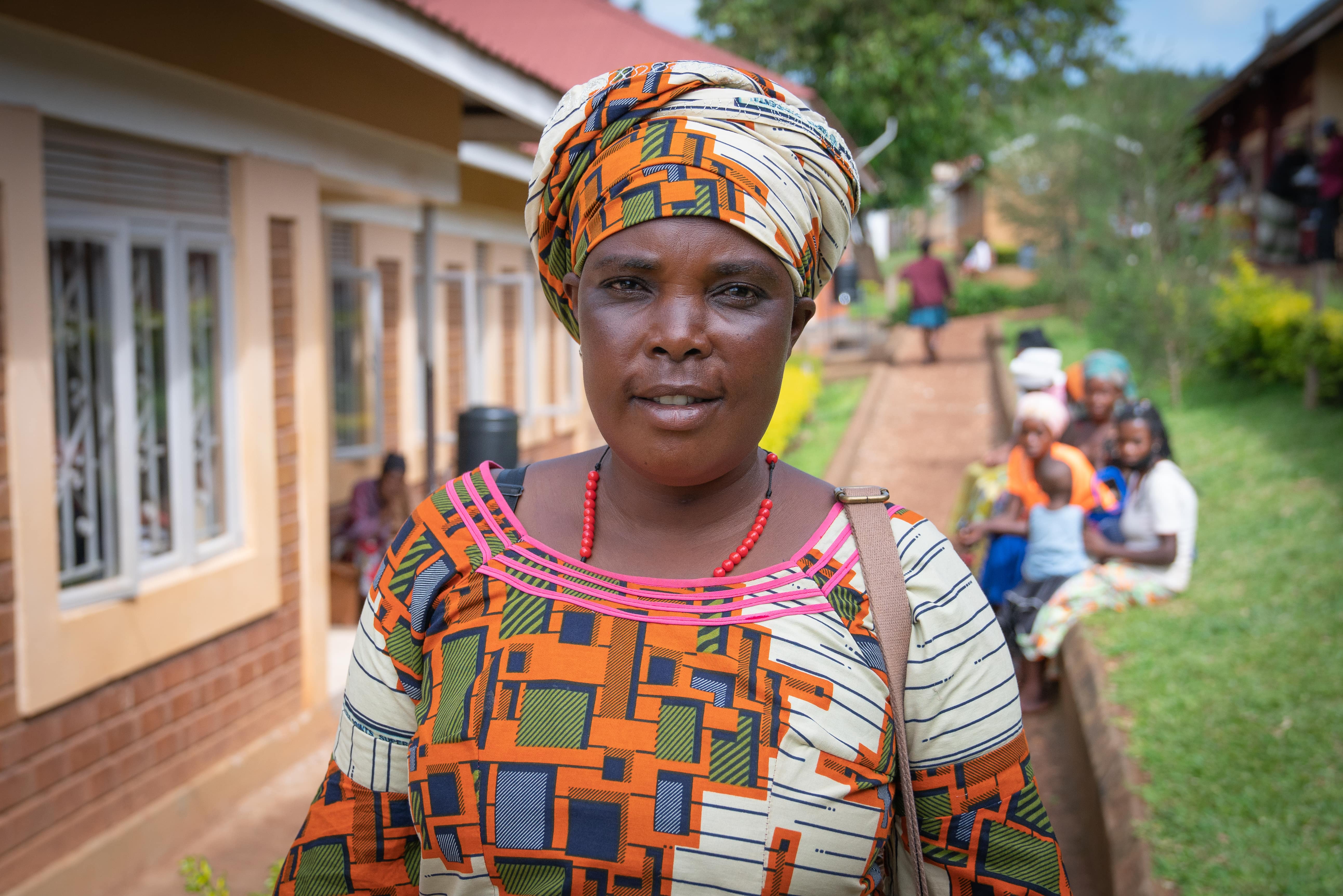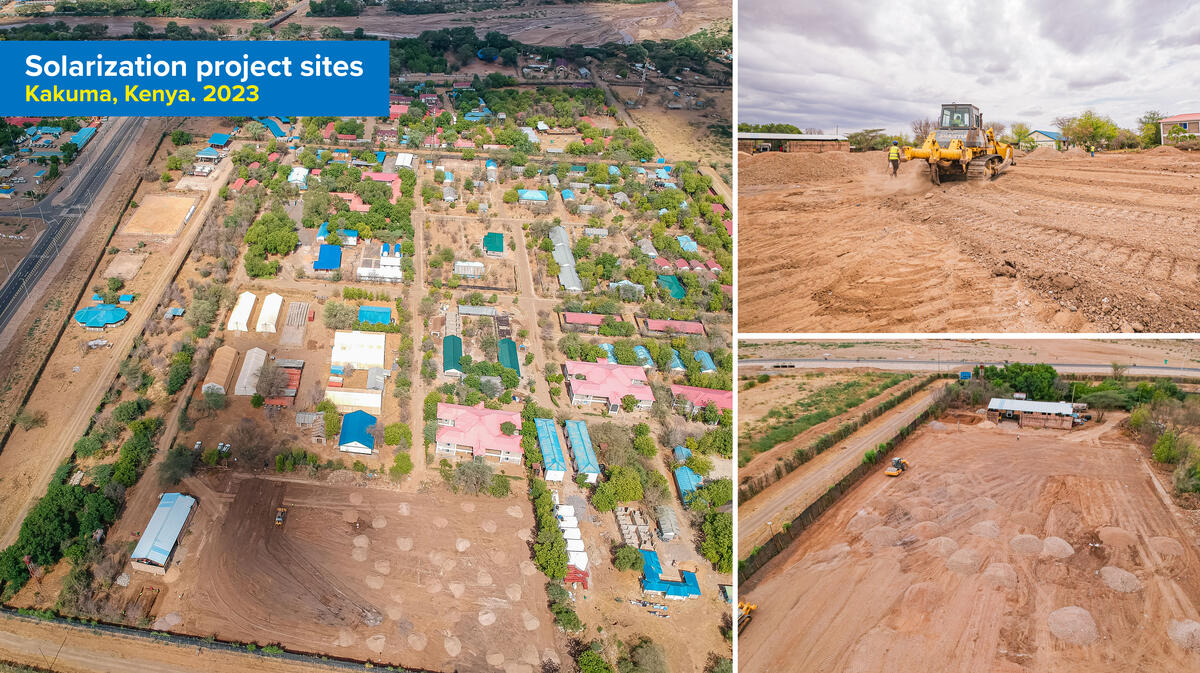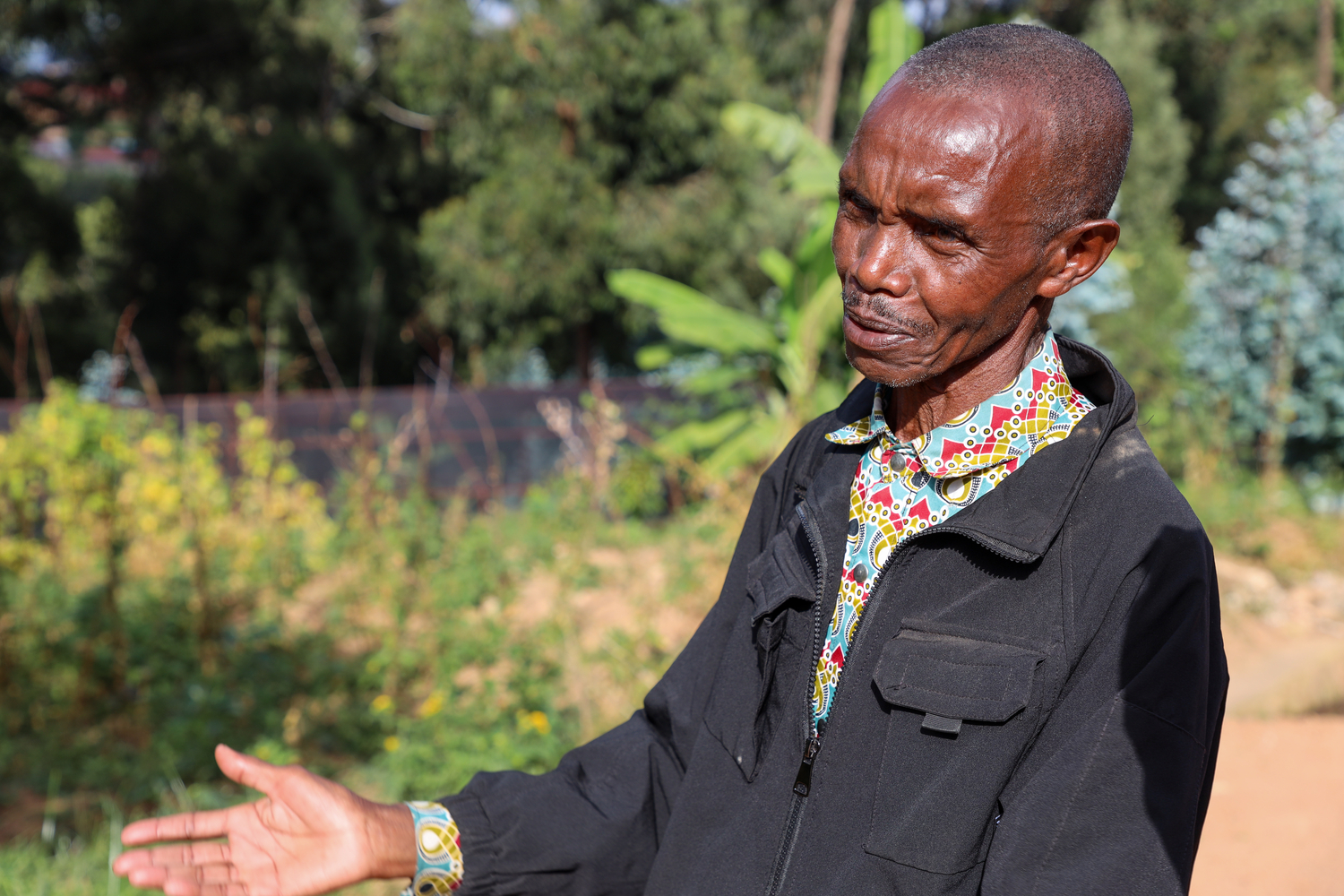New agreement helps Rwandan refugees in Uganda to go home
New agreement helps Rwandan refugees in Uganda to go home
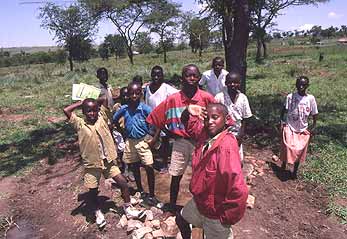
KIGALI, Rwanda, July 25 (UNHCR) - Uganda has become the latest country to sign an agreement paving the way home for tens of thousands of Rwandan refugees in the region. As returns to Rwanda gain momentum, the UN refugee agency has stressed the need to provide relevant information so that refugees can make informed choices about repatriation.
On Wednesday, the governments of Uganda, Rwanda and the UN refugee agency met in the Rwandan capital, Kigali, to sign a tripartite agreement on the voluntary repatriation of some 25,000 Rwandan refugees in Uganda. The terms stipulate that all Rwandan refugees who wish to return home from Uganda will be allowed to do so without any preconditions. At the same time, no one will be forced to return against his or her will.
During the two-day meeting which ended Thursday, the three parties outlined several roles and responsibilities among themselves. The Ugandan government will ensure that refugees are well informed about the security situation in Rwanda and that they can freely decide whether or not to repatriate without coercion or pressure. Those who opt not to return will continue to enjoy refugee status.
The Rwandan government will make sure that the return of the refugees takes place in safety and dignity. It will continue to take all measures to sensitise and prepare the local populations residing in areas to which the refugees will be returning. Rwanda also agreed to allow refugees to settle in their areas of origin or of their choice.
For its part, UNHCR will facilitate the return in conditions of safety and dignity and will establish a presence in the main areas of the returnees' settlements. The agency will continue to provide international protection in Uganda to those Rwandan refugees who are not yet ready to return.
Out of the 25,000 Rwandan refugees in Uganda, 18,000 live primarily in Oruchinga, Nakivale and Kyaka II settlement sites in the country's south, where many have access to farm land. They will be presented with the option of return through an information campaign in September and a registration for repatriation in October.
The latest agreement on returns to Rwanda comes on the heels of similar agreements signed between UNHCR and the governments of Rwanda, Zambia, the Republic of Congo and Tanzania.
"Thus far, we have made good and steady progress in promoting the return of Rwandan refugees," said Wairimu Karago, UNHCR Regional Co-ordinator for the Great Lakes operation, in Kigali Wednesday. "However, I believe that we need to intensify our common efforts on all fronts, particularly with regard to resource mobilisation and dissemination of information on conditions in Rwanda."
She added, "For refugees to make an informed choice about their return, they need to be provided with an honest picture of the prevailing conditions in their country.... The information must be presented in an open and transparent manner that takes into account the anxieties and sensitivities of the refugees, many of whom have spent many years in exile."
To this end, UNHCR and the government of Rwanda have co-produced a documentary film depicting everyday life in Rwanda, mainly through interviews with recent returnees. The documentary is in Kinyarwanda, the local language. The video is already being used to inform Rwandan refugees in Zambia and the Republic of Congo about the situation at home.
Other important information could range from social and political developments in Rwanda, to how returnees can access legal procedures on property and land claims, said Karago.
Since the beginning of the year, more than 8,000 Rwandan refugees have returned home, mainly from the Democratic Republic of the Congo. In all, there are more than 50,000 Rwandan refugees scattered across Africa.



